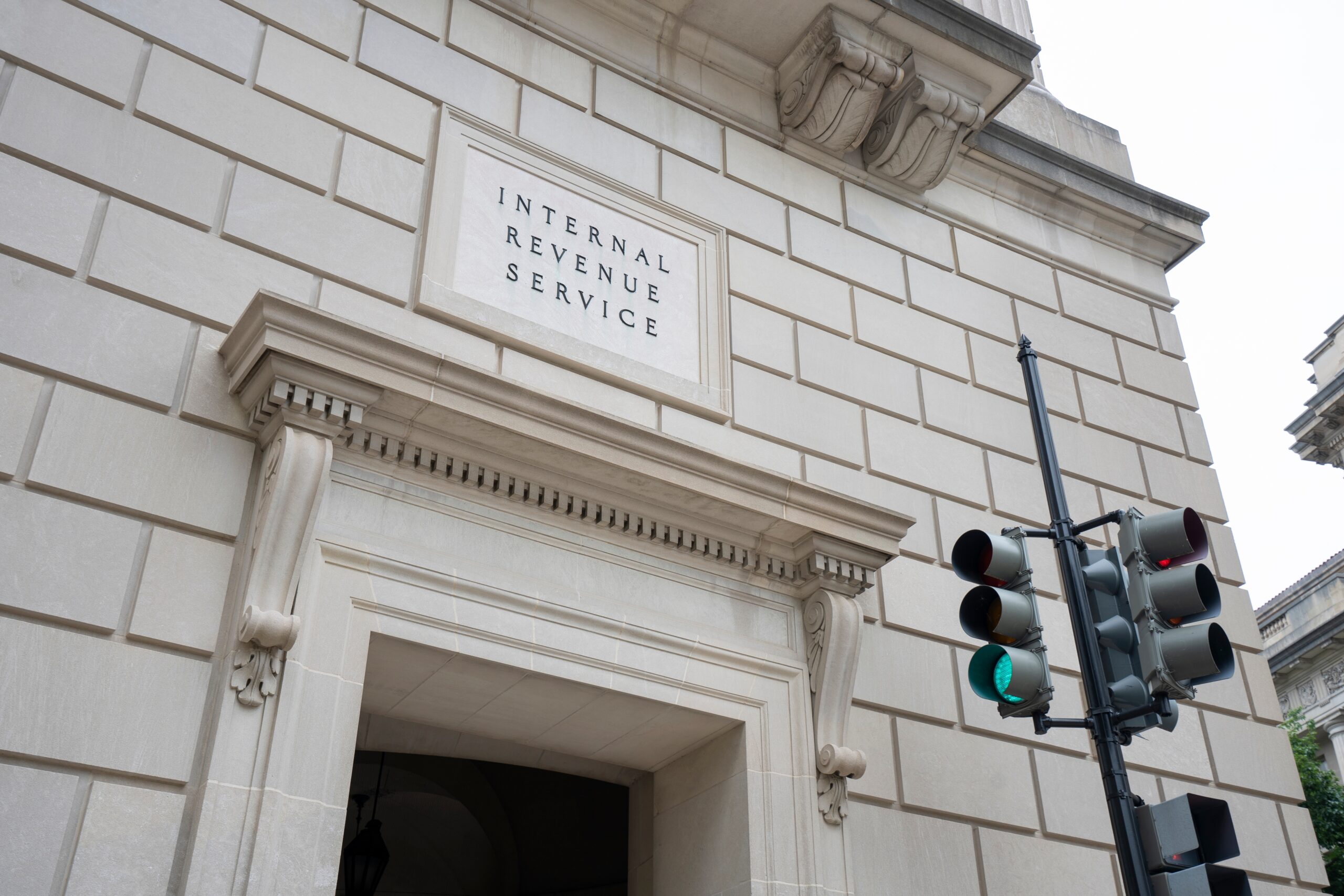Key Insights:
- IRS reports a major shift in crypto probes, targeting tax evasion with over 2,676 new cases and $37 billion in transactions.
- Crypto tax evasion is in the spotlight as the IRS ramps investigations, seizing over $10 billion in assets and refining reporting regulations.
- The new IRS mandate requires detailed reporting of crypto transactions, with regulations targeting brokers and exchanges to combat tax fraud effectively.
Rising Tide of Crypto Tax Cases
The Internal Revenue Service (IRS) has focused squarely on cryptocurrency tax evasion. Recent reports from the agency’s criminal investigations division unveil a significant pivot in their investigative emphasis.
The past fiscal year, commencing October 1, 2022, and concluding September 30, 2023, saw a notable upswing in tax-related crypto cases. Unlike previous years, where money laundering dominated the scene, the recent period marked a change, with roughly half of the digital asset probes centering on tax issues.
Intensified IRS Scrutiny
The IRS Criminal Investigation Unit has been vigilant, witnessing a surge in cases involving digital asset reporting. Their annual report highlights 2,676 new cases in 2023 alone linked to financial and tax crimes exceeding $37 billion.
Investigations have targeted undisclosed cryptocurrency holdings, unreported capital gains, income from mining activities, and attempts to conceal cryptocurrency ownership. Jim Lee, head of the Crime Investigation Unit, points to the increasing adoption of digital assets as the catalyst for this rise in tax-related investigations.
Evolving Regulatory Landscape
Since 2015, the IRS has been actively involved in the crypto market, marking a significant crackdown on related financial crimes. The agency boasts of having seized crypto assets worth over $10 billion since its inception in this arena. Notably, in 2019, it introduced a mandate requiring U.S. taxpayers to report all digital asset transactions. This move was a strategic step towards curbing tax evasion.
Currently, the IRS is in the process of developing new regulations targeting crypto brokers and intermediaries. The agency is actively engaging with stakeholders to refine its cryptocurrency tax reporting measures, with the deadline for the input set for January 25, 2024. These upcoming regulations, part of the American Families Plan Act of 2023, will require crypto exchanges and brokers to report transactions exceeding $10,000. Furthermore, the framework will compel these businesses to maintain detailed knowledge of their customers and keep comprehensive transaction records.
The IRS’s sustained efforts and evolving strategies underscore its commitment to ensuring compliance in the rapidly growing cryptocurrency market. As the landscape of digital assets continues to evolve, the agency remains at the forefront, adapting its approach to safeguard the financial system’s integrity and uphold tax laws.
